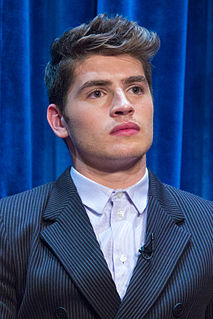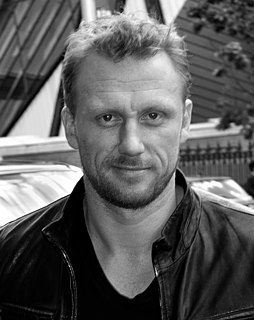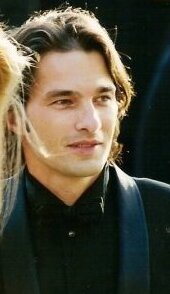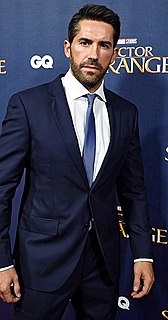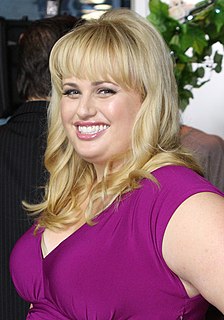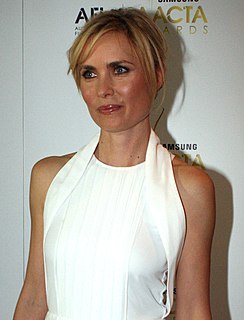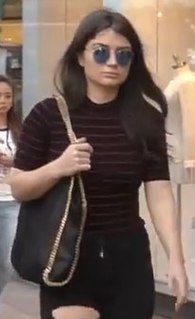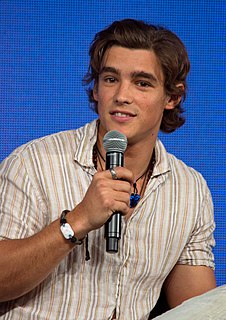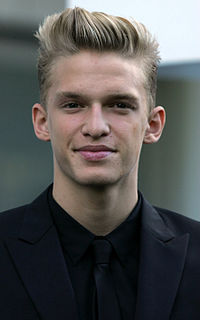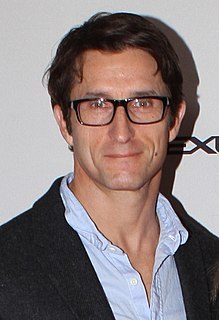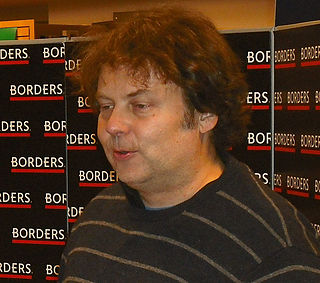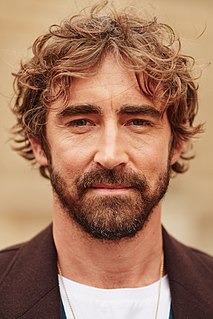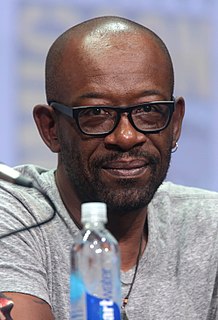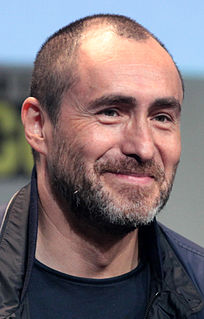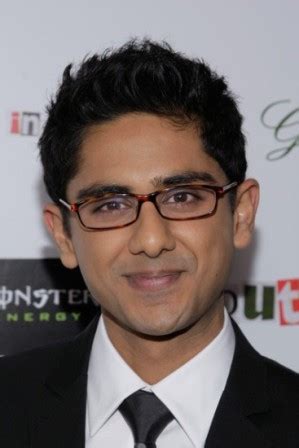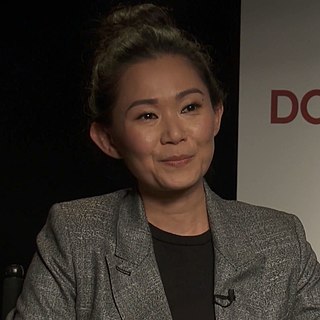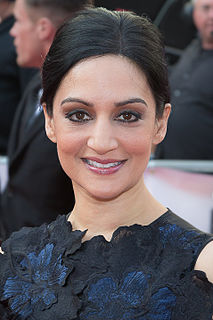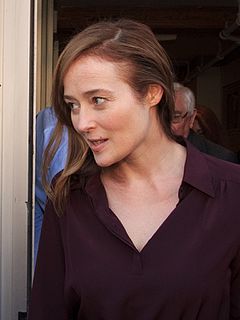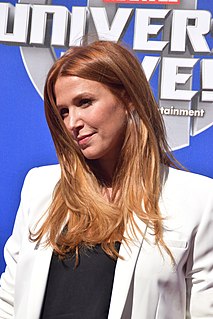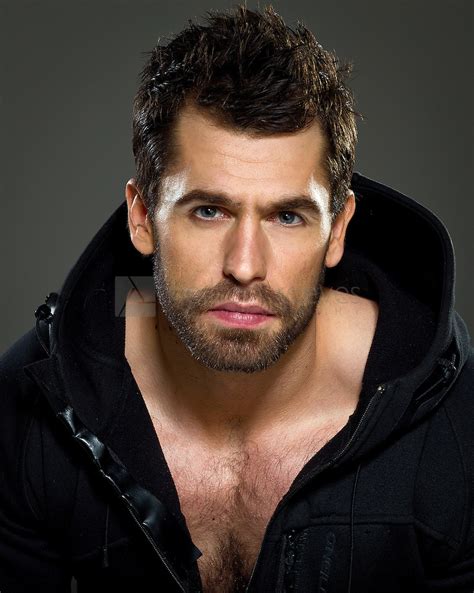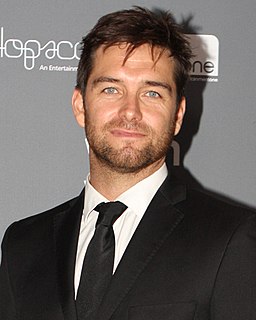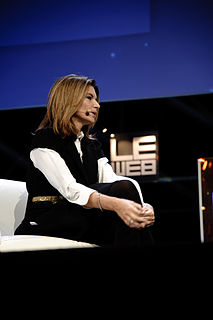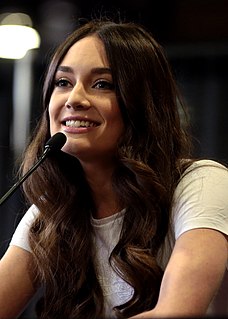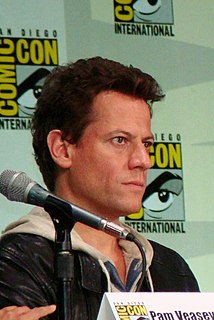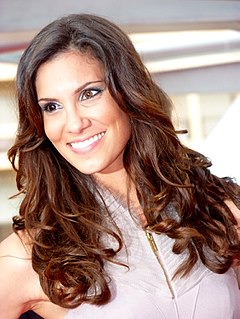Top 1200 American Accent Quotes & Sayings
Explore popular American Accent quotes.
Last updated on April 14, 2025.
I live in L.A. so I worry my kids aren't that connected to Britain, I suppose I don't want them to become American kids. We try to get back three or four times a year. When they go to school they speak with a British-American accent but when they come home to us they go back to their British accent.
I was surprised by some of my French colleagues who immediately assumed that because I spoke English with an American accent, that, therefore, you must be a supporter of whoever is the current president of the United States. There seems to be this widespread feeling that, 'Oh, American accent - therefore, you like cowboy boots.'
I lived in America for a long time before I started working as an actor. Some actors show up on set and have never done an American accent before, so they rely on a slew of technical mechanisms. Part of what makes an accent is understanding why people speak that way - you have to understand the culture.
They said [on a day show], oh, you can't do a Chinese accent. That's - and I said, I'm not doing a Chinese accent. I'm doing my friend's accent. And they said, yeah, you can't do that. And I said, OK, but can I do a Russian accent? And they said, yeah, yeah, of course, you can do that. I said, and a British accent? They said, yeah, go ahead. And I couldn't understand.
Well, English is no problem for me because I am actually English. My whole family are English; I was brought up listening to various forms of the English accent. Obviously there are more specific ones that get a little bit tricky. Same with American stuff. But because in Australia we're so inundated with American culture, television, this that and the other, everyone in Australia can do an American accent. It's just second nature.
I didn't want to be on screen not nailing an American accent. It's an insult to an American! There are plenty of great American actors who can already do an American accent, so me, coming in and stealing their roles, the one thing I have to perfect is the accent. So for years I practiced. And we're lucky because the whole world is raised on a library of American movies. I would pretend to be Jim Carrey, and, I say Robin Williams now because he's in my mind, but those actors really inspired us to be crazy and be theatrical.
I thought I was clever by greeting casting agents in my Australian accent and then switching to an American one during the performance. But the Australian accent seemed to put them off. Now it's the opposite; they love Australians. And with my thick Californian accent I now have a problem convincing them I'm Australian.
I guess the most interesting thing that people think is I'm English. They think that I live in England and have a British accent. When they talk to me, at first they go, "Man, you have a great American accent," and I go, "No, no, no, this is my accent. I don't do accents." And then they're really disappointed, and they try to punch me.
I think people are really picky about English accents. When a Brit comes over here and kind of does an OK American accent, everyone's like, 'You were great! Fantastic!' But in England, even if you were doing a pretty good accent, they're like, 'But where are you from?' 'London.' 'What part of London?' Accents are really precious over there.
If you think about portraying Americans, for example, in a Russian film, it all depends on where the American is from, if they went to school or not, and if they're well-educated or not. Is it an American from Texas, or an American from Brooklyn? Things would change with the vocabulary and the accent.
I live in LA so I worry my kids aren't that connected to Britain, I suppose I don't want them to become American kids. We try to get back three or four times a year. When they go to school they speak with a British-American accent but when they come home to us they go back to their British accent, so I can deal with that.
I'm sorry,' said the shopkeeper. 'I can't understand your ridiculous accent.' 'My accent?' 'It is quite silly.' 'So you can't understand me?' 'Not a word.' 'Then how did you understand that?' 'I didn't.' ''You didn't understand what I just said?' 'That's right.' 'You understood that, though.' 'Not at all.' The American glowered.
The American accent is a little bit tricky. We grew up with American TV shows, so we've had a lot of exposure to it and that helps, but there's little nuances and little details. Sometimes there'll be just a phrase or couple words that are really difficult to get your mouth around. At the end of every season we go over and revoice anything that has sound issues, including my kiwi accent coming out.
Acting for me was hard enough without having to think of the accent. And also, when I was auditioning for stuff I would walk into the room with an Australian accent, and I would do the audition in an American accent, and they would invariably say, 'Yeah, it's that good, but I can still hear the oddity coming through.'



